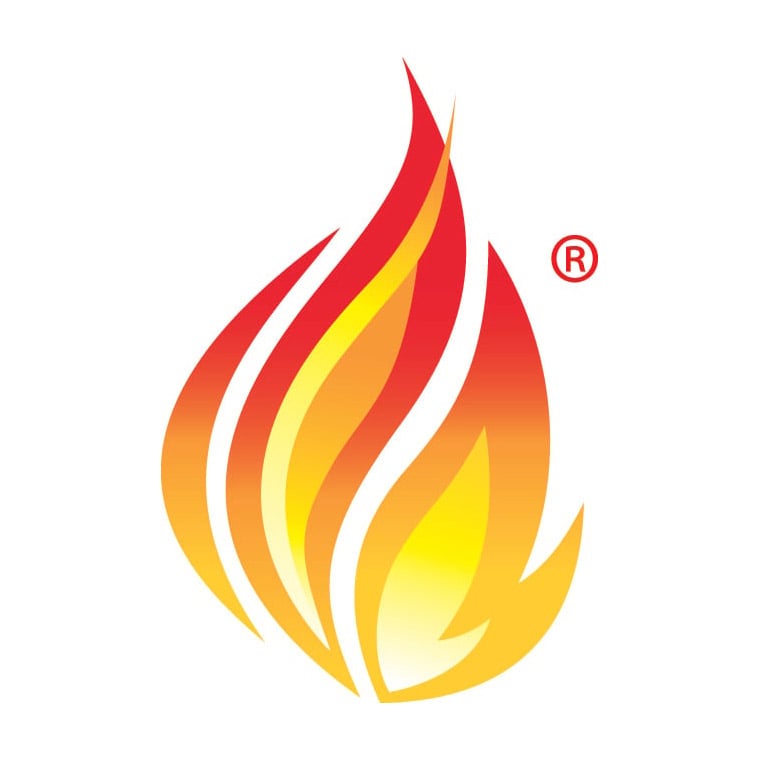For goal-directed care to move forward into the digital world, there needs to be a clear pathway to identify, report, and measure the necessary data to conduct this type of care. NCQA has developed person-centered outcome measures to track these structured goal conversations over time for payment and quality measurement purposes, which is one piece of the puzzle. These measures focus on identifying a goal, documenting it using either PROMs or goal attainment scaling, and tracking goal progress over time. Over the past year, NCQA has been working with the HL7 community to align with existing FHIR standards as well as identify gaps in these resources. NCQA will share how they are working to promote goal-directed care via FHIR resources and align the quality measures to support this care paradigm.
During this session, attendees will learn:
- What changes need to be made to existing FHIR resources and standards to ensure goal-directed care can be implemented
- How quality measures can support these changes and the widespread use of these resources.
- About new work that NCQA is co-leading with others around a Person-Centered Outcome FHIR IG
Presenters:
- Daniela Lawton - Member, Patient Care Work Group @ HL7 International; Director, Chronic Conditions @National Committee for Quality Assurance (NCQA)
- Anne Smith - Co-Chair, Clinical Quality Information Work Group @ HL7 International; Assistant Vice President in Measure Architecture @National Committee for Quality Assurance (NCQA)






